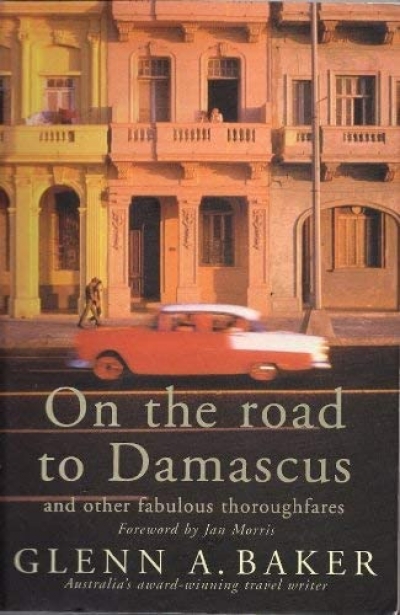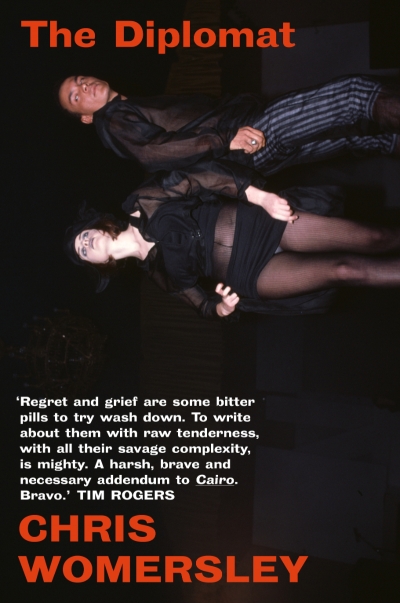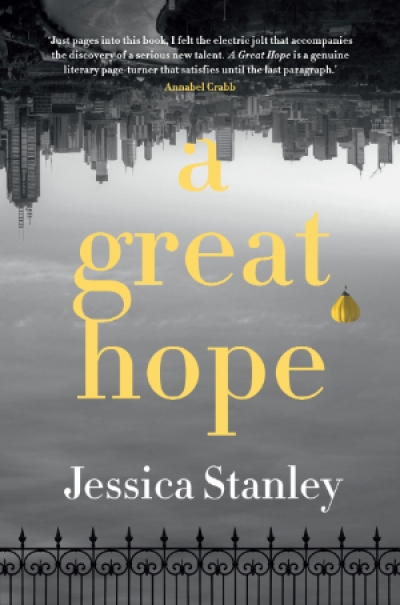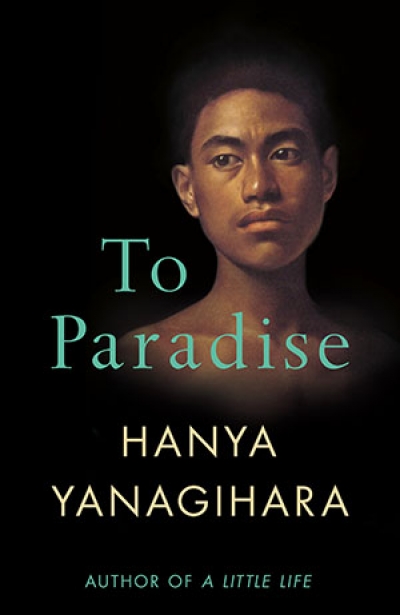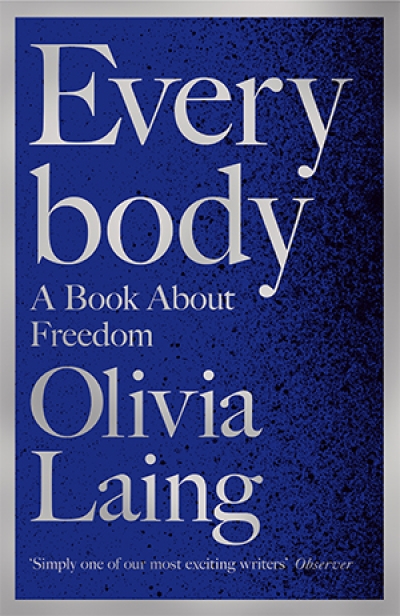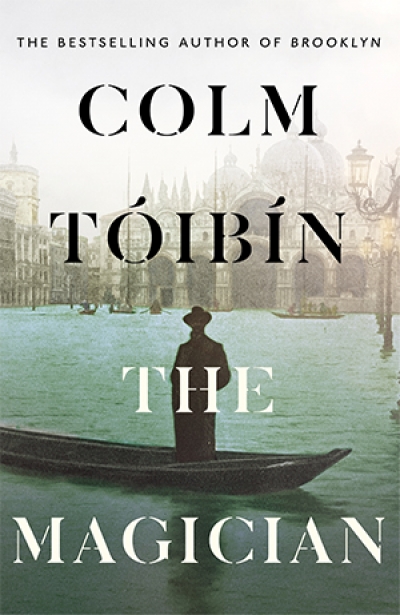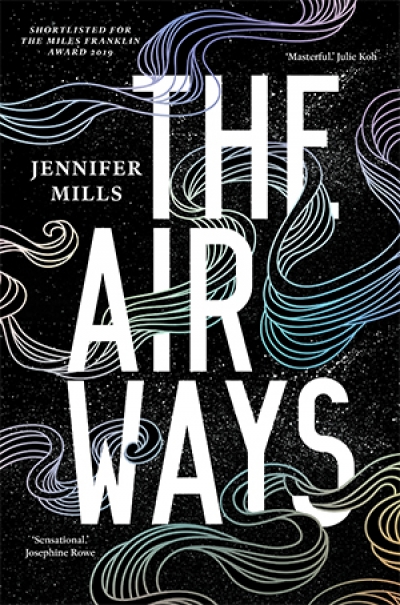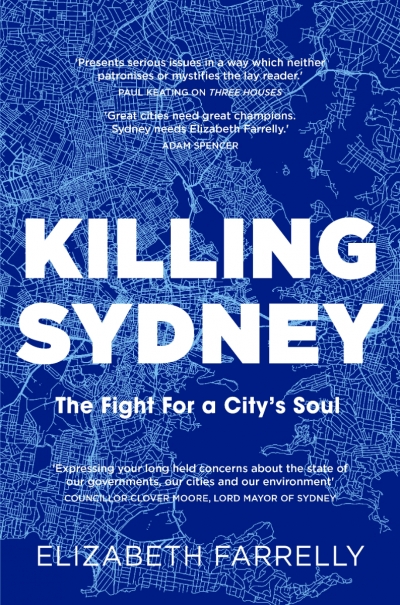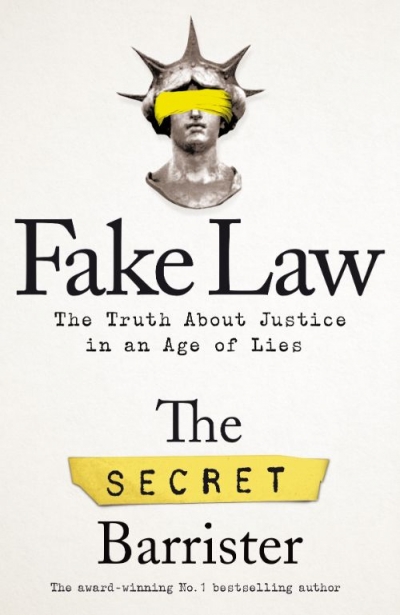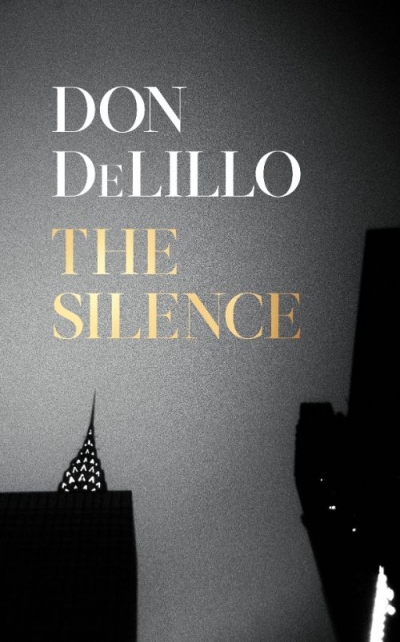Olivia Laing describes her latest book, Everybody: A book about freedom, as one about ‘bodies in peril and bodies as a force for change’. I would describe Everybody as a biographical project, about people whose work engaged with the ideas of bodies and freedom in the twentieth century. This might seem like a subtle difference, but it’s an important one: had Laing conceptualised and framed the book in the latter way, I think Everybody would be a less frustrating read. As it stands, Laing’s biographical writing, while insightful and rigorously researched, ends up feeling like an (admittedly deft) avoidance tactic; Everybody sets out to be a book that takes a hard and uncomfortable look at the topic of bodies and their roles in the pursuit and denial of freedom, but it doesn’t quite dare to do so directly. It ends up being a book about people who have.
...
(read more)

